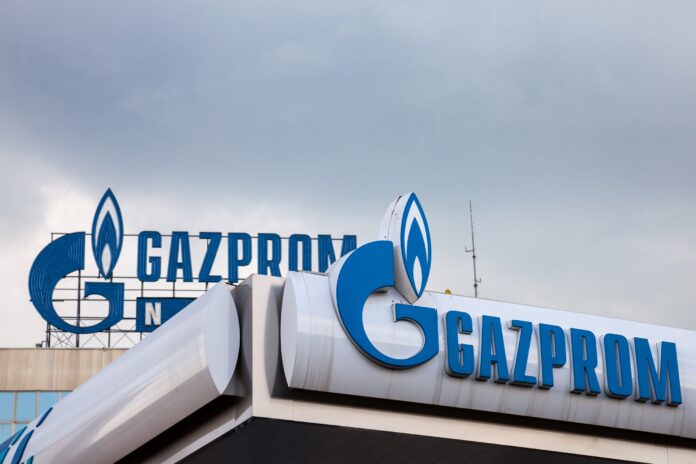

Lithuania’s state-owned gas supply company Ignitis says it will stop buying Gazprom’s gas and will make no payments to the Russian government-owned group after President Vladimir Putin said Russia will only accept payments in rubles for gas deliveries to EU countries. “We are not planning any payments to Gazprom, so it is not relevant for us,” Artūras Ketlerius, head of public relations at Ignitis Group, told BNS on March 23. Ignitis has not purchased any gas from Gazprom for Lithuanian needs since the start of the year, according to the spokesman. However, some gas has been purchased for Latvian and Estonian customers and stored at the Inčukalns storage facility in Latvia.
Last year, gas purchased from Gazprom accounted for less than a third of Ignitis’ total gas portfolio, Ketlerius said. In Lithuania, Gazprom’s gas is probably still purchased by the nitrogen fertilizer plant Achema, the country’s largest gas consumer, and possibly smaller customers.
Prime Minister Ingrida Šimonytė said recently that Lithuania could survive without Gazprom gas, but continued to purchase it because of “certain technical issues”. Amber Grid, Lithuania’s natural gas transmission system operator, receives payments from Gazprom for the transit of gas to Russia’s Kaliningrad exclave. Laura Šebekienė, head of communications at Amber Grid, said that the last payment from Gazprom came in euros in March, as provided for in the contract, with the next payment due in April. Amber Grid’s ship-or-pay contract with Gazprom will expire in late 2025.
Putin said on March 23 that Russia will only accept payments in rubles for gas deliveries to “unfriendly countries”, which include all EU members, after Moscow was hit by unprecedented sanctions over its invasion of Ukraine.
Also on March 23, Canada’s The Globe and Mail published an article saying that Russia-owned Gazprom Marketing & Trading (GM&T) narrowly averted insolvency in March by meeting a key monthly payment deadline, but concerns are mounting over whether it can remain afloat next month, industry sources told Reuters. Its collapse could plunge European gas markets into disarray.
GM&T buys gas on wholesale energy markets and its British unit alone supplies fuel to more than 100,000 sites across Britain, France and the Netherlands. The company, majority-owned by the Russian state, said it has not faced sanctions over Moscow’s invasion of Ukraine, but several energy companies in Europe – including Britain’s Centrica, Germany’s E.ON and Norway’s Statkraft – have all stopped trading with GM&T.
Every month on the 20th, the company has to settle its trading position with the parties who sell it natural gas, liquefied natural gas (LNG) and power or those who buy those contracts from GM&T. “This month they have just paid everything and have been paid, next deadline is April 20 and the risks will be much bigger,” one trading source, who spoke on condition of anonymity, told Reuters.
The British unit of GM&T, which trades as Gazprom Energy, supplies 21 per cent of the country’s industrial and commercial customers including the National Health Service, hospitality sites and manufacturers that operate furnaces 24/7. Were it to fail, a special administrator would be appointed to operate the company while alternative solutions, such as a buyer or management buyout, are sought.
Another European gas trader said there was a lot of uncertainty around GM&T’s upcoming obligations, and they are not expected to be sustainable for more than a few weeks.
Gazprom Energy said in a statement that its parent company, GM&T, sourced gas from wholesale energy markets and did not depend on gas supplied from Russia. “Neither do we have gas contracts with Russia,” it said. “We are in constant contact with the relevant regulators and are unaware of any decision taken to place Gazprom Energy under government control,” Gazprom Energy said.
The British government has said the Gazprom business continues to trade in the U.K., adding that “customers should exercise their own commercial judgment with regards to energy supply contracts they have in place at the moment”. LRT.lt, Globe and Mail



























